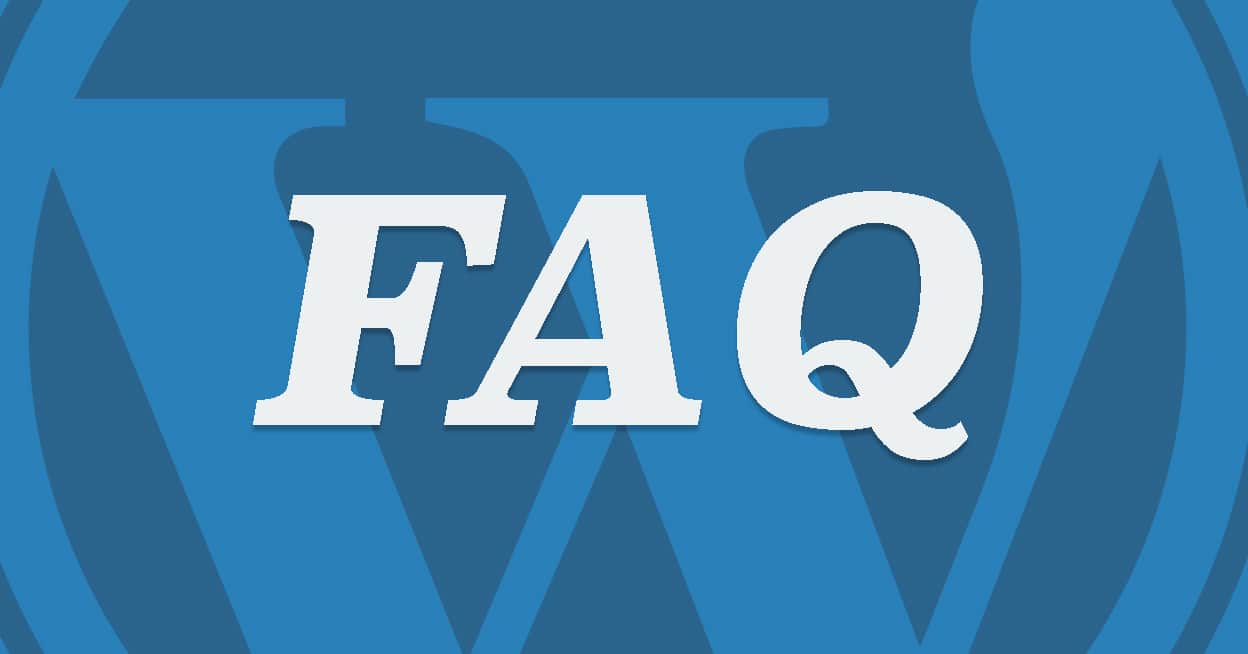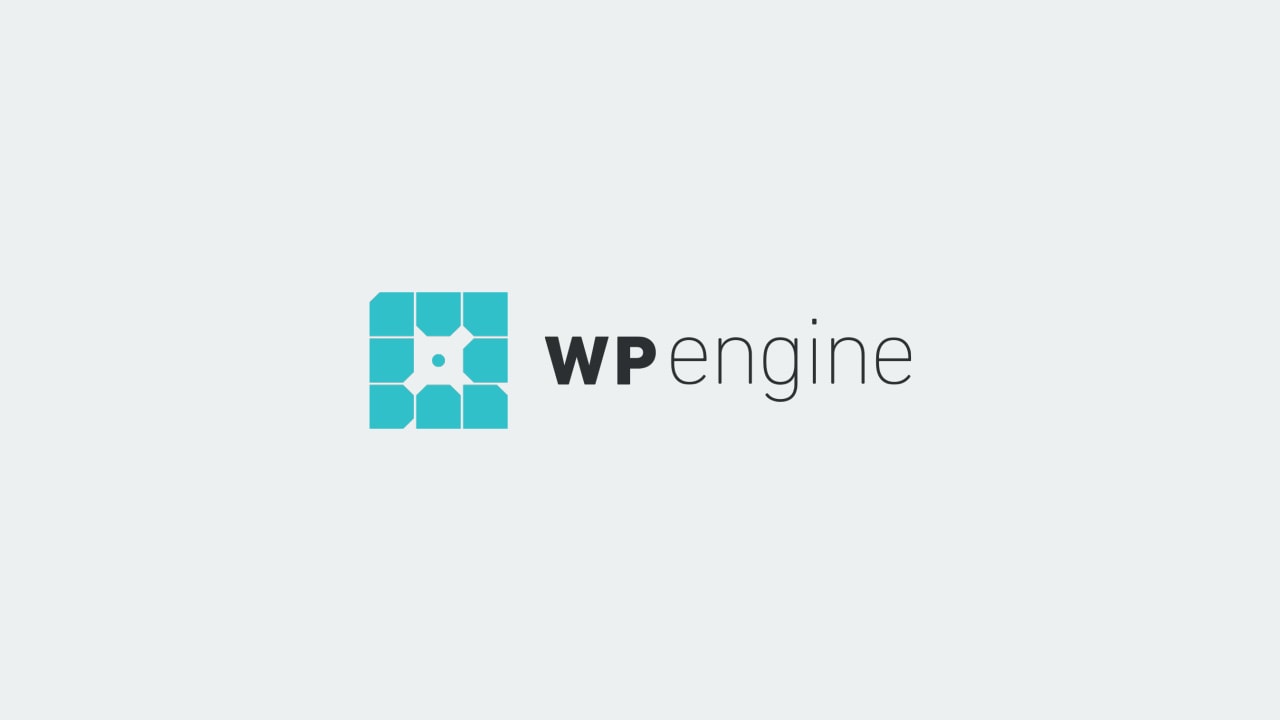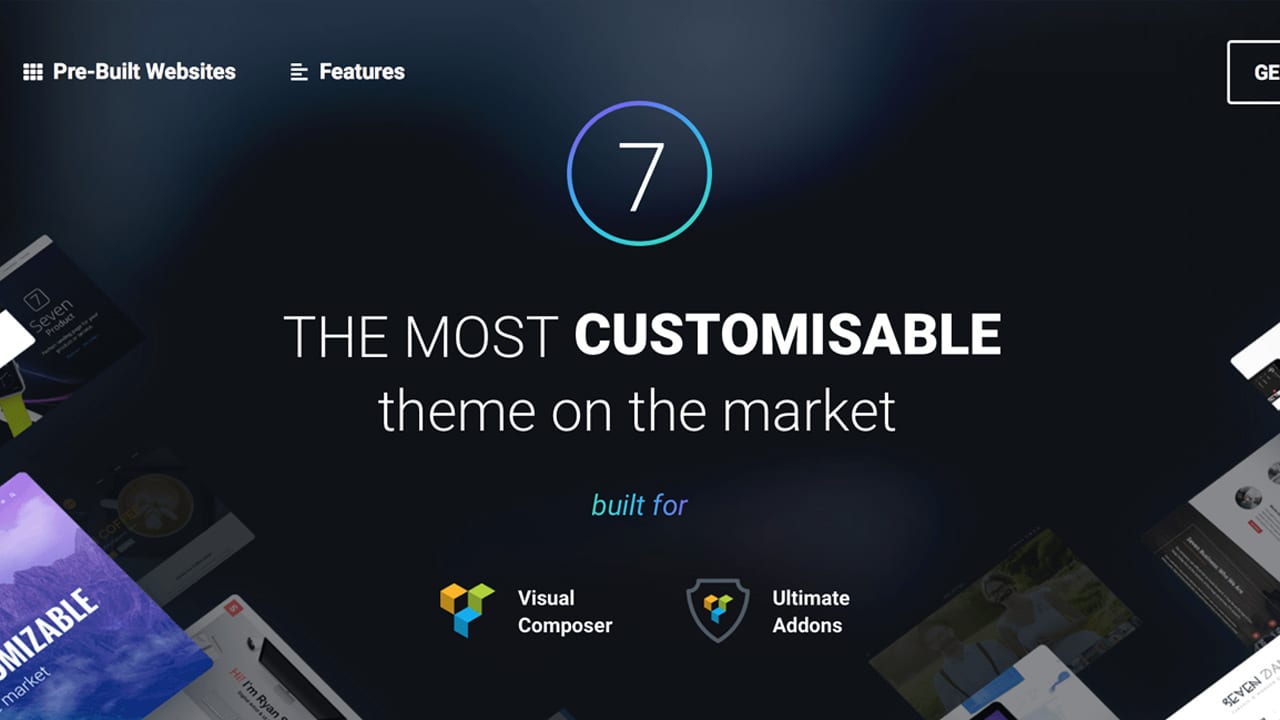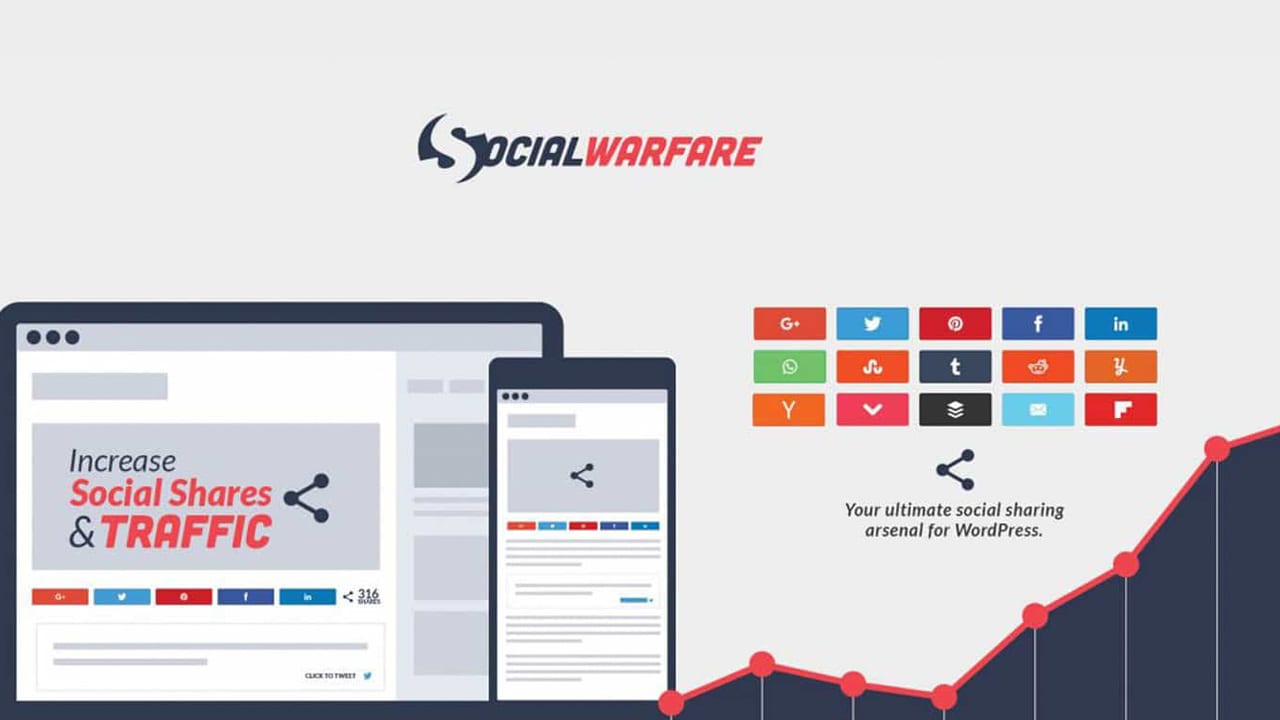WordPress FAQ: Answers to common questions about WordPress hosting, themes and plugins
I often find the answers to random work questions on social media. For example, Facebook has a ton of groups for small business owners and entrepreneurs that are full of helpful advice, tips, and recommendations. In fact, I am writing this post specifically because I see the same questions asked repeatedly in my favorite Facebook groups.
The most common questions I see small business owners and entrepreneurs asking about WordPress in my groups relate to web hosting, themes, and plugins. Here are a few examples:
- How important is web hosting? What web hosting company should I choose?
- What is a theme? Which themes are the best?
- Do I need plugins? Which plugins do I need?
I am not a technical expert but I am a business owner and creative entrepreneur with loads of experience to share with anybody who wants to avoid making some of the same mistakes I made earlier in my career. Whether you use WordPress for personal blogging or for promoting your small business, following my recommendations will save you time and headaches. Additionally, I provide affiliate links in this post because I like to promote the companies I do business with in real-life. Let us get to it!
WordPress Web Hosting
Think of your web host as the place where your website lives on the internet. Hosting also determines how fast your website is delivered to the visitor’s computer, phone, or tablet. Not only does your website live with your host but the host influences the speed and reliability of your website. Speed and reliability are major factors in your site’s rankings on SERPs (search engine results pages). This leads me to the first question…
How Important is web hosting?
Nothing is more important than web hosting. People cannot visit your website if it does not have a home. Hosting is often overlooked. Years ago, we overlooked the most important aspect and it came back to bite us in the butts. What did we overlook? Tech support.
What to look for in a web host (in order of importance):
Stellar Support: You might think you will never need it but you will, and when you do, you are going to wish you had the best. Bad things happen. Whether you get hacked or accidentally delete a file that takes your entire site down, there will be a time where you need stellar tech support. If support is unhelpful or incompetent, your life will suck. Your site will be dead in the water and you will lose money every minute it is down.
My suggestion: Find out exactly what your prospective host offers for tech support before you build your website: Can you phone them? At what times? Do they have a support email address? A ticket system? What is their promised response time? How about a live chat?
Speed: Every millisecond counts. Make sure your web host uses fast servers and provides plenty of memory (RAM). Cheap hosts often cap the memory that is allocated to your website. This is not good for WordPress. Your personal computer needs ample RAM and so does your web server. Make sure that your host is providing ample memory. Let the host know in advance if you plan to use Woo Commerce or if you will be serving your pages in multiple languages. These things require different amounts of memory.
Backups: It is a good idea to keep consistent backups of your site’s files yourself but when accidents happen, having a web host that provides a backup to your site’s data can be a lifesaver. Most web hosting providers will run scheduled backups of your content and store them on the hosting plan for you. This is not a default so be sure you research what, if any backup services they provide.
Uptime & Bandwidth: Last, but not least… uptime and bandwidth matter because your website needs to be live and available to your visitors always. Luckily, most major hosting companies guarantee 99.9% uptime and unlimited bandwidth. If your website gets a lot of traffic, your host might not offer unlimited resources. It is always best to discuss your needs with them first.
What web hosting company should I use?
The real answer to this question is, “it depends.” It always depends, but I can say with certainly that the following hosts can handle not all, but most companies’ web hosting needs:
WPEngine: WPEngine is a little more expensive than general hosting companies but their support is worth the price. Included with their managed web hosting service is free web migration with their plugin, which moves your current website with no down time. They also automatically update you site when a new security or updated version of WordPress core releases, keeping your website up to date. Since I have experience working with a few poor hosting companies in the past, I believe the extra money you pay per month is more than worth it. *You can learn more and sign up with this link and save 20% off your first month.
SiteGround: If you cannot swing the monthly bill at WPEngine than I highly recommend checking out Site Ground. They have been around since 2004 and are one of the leaders among the web hosting industry. They have a good start up plan that costs $3.95/month and includes all the essential hosting features. For small online shops the starter plan would work but if you run a larger e-commerce site ground states on their website that websites attracting more than 10,000 views per month will outgrow this package. They offer a variety of packages and products while offering reliable customer support.
WordPress Themes
To pick the best WordPress theme for your business you first need to know what a theme does. In the most basic terms, your website theme controls the visual appearance of your website. WordPress is great because there are thousands of themes that you can use on your site. WordPress developers all over the world offer free themes and premium (paid) themes. Developers create and sell themes on popular online marketplace platforms such as Envato Market. Here are the most important factors to consider when choosing a theme?
What to look for in a WordPress theme:
The Developer Matters: Is the developer repeatable? Does the developer update the theme regularly? Is the theme well-documented? Does the developer respond to questions in a timely manner? Check the theme’s changelog and support sections on ThemeForest to find answers to these questions.
Customization: WordPress theme developers offer customization options through paid (premium) themes. Choosing a pre-coded theme is an easy task. The primary goal of theme customization is to ensure your website looks unique as well as elegant and different from every other website that has used the same theme. If you are well versed in coding, you can customize the theme even further. However, a word of advice would be, to be attentive to the customization changes you are making otherwise your website could end up looking like a mess.
Support: One of the most important features that a theme should have is the support and update feature. Themes that have this feature tend to get more reviews and always stay in the loop. Themes that are popular tend to have this feature, as they do not want their themes to die down. This information’s usually mentioned in their description section. The best way to go forward is to choose a theme that auto-upgrades itself and provide customer support. This is an important attribute that makes a theme stand out from the rest.
Speed: It is relatively easy to develop a website on WordPress that is not only beautiful in design but also optimized for speed. Instead of starting your website with a bunch of unnecessary plugins, it is better to start fresh and add tools to emphasize functionality, design, and speed as needed.
What WordPress themes do we recommend?
The7 by Dream-Theme: Multi-Purpose Website Builder Toolkit: The7 Multi-Purpose Website Builder Toolkit is easily one of the best WordPress themes made. The7 includes so many features and flexibility you can design almost any imaginable design.
Salient by ThemeNectar: We recommend Salient for WordPress users looking for a well-designed, responsive layout and contemporary designs. Their customer support has great reviews and they are consistent with updates and bug fixes. If you are stuck on which theme to go with go with this one. It is not only easy to use but it feels like it turns your content into a work of art.
Impreza by UpSolution: Impreza is a multi-purpose theme with great design, documentation, and flexibility. It is extremely easy to navigate and holds one of the highest user ratings of ThemeForest’s popular files. The most current version of Impreza is compatible with some of our favorite plugins such as; Woo Commerce, Gravity Forms, Visual Composer and WPML. But, more on that below.
WordPress Plugins
WordPress Plugins add additional functionality to your website. Plugins are necessary in the event that a specific feature or function is not included in the WordPress theme or WordPress core.
For example, E-commerce is not included in the WordPress core. Because E-commerce is a popular feature request, many theme developers have begun to add the WooCommerce plugin to their themes. The WordPress plugin repository contains thousands of plugins that are capable of adding almost unlimited features to WordPress websites.
What to look for in a plugin:
Does it do everything you need it to? Functionality is obviously the most import factor to consider when choosing a plugin. If it was not, you would not need a plugin! If the plugin meets your functionality needs, find answers to the following questions:
Is the plugin developer reputable? Plugins should be downloaded from a reputable marketplace or the developer’s site. Research the developer and check online user reviews and comments on social media. Do not install WordPress plugins if you are at all suspicious about the origin.
Is the plugin updated regularly? Your plugins need to be compatible with the version of WordPress you are running. If they are not, your website will break. It is important to point out that WordPress is updated all the time. As a result, I recommend using plugins that are updated as often or more than WordPress. Check the developer’s changelog to see a history of the plugin’s updates. If it has recent updates, you are likely safe to use it.
Popular WordPress Plugins
Speed: WordPress offers a variety of plugins to optimize your websites speed. One of the most common types of plugins for this is a cache plugin. Having a cache plugin on your WordPress blog is essential if you want to optimize your sites speed. These plugins create a static file for your blog posts and reduce the size of your HTML files. I recommend using the WP Rocket caching plugin. WP Rocket is an easy-to-use, effective caching solution packaged with top-notch support
E-commerce: The good news about WordPress E-commerce plugins is they easily integrate with an existing WordPress site. For example, if you want to sell products such as; jewelry, merchandise or digital goods, you have the option to use a plugin to add the capability to your existing blog. We believe WooCommerce serves as the best WordPress ecommerce plugin and enjoy their integration tools and customizable layouts. Since WooCommerce is an open-source, customizable platform it is a great choice for entrepreneurs and small business owners.
Multi-Lingual: The easiest way to translate a WordPress website into multiple languages is to install a multilingual plugin. Typically, multilingual plugins fall into two camps: Auto-translate and self-translate. Auto-translate relies on machine translation to convert your content into a variety of languages and self-translate requires you to translate the content yourself (or hire someone else to do the translations). We recommend WordPress Multilingual Plugin (WPML). WPML supports 40 languages, offers an interface to translation services and allows you to add your own variants. This plugin is powerful enough for business sites, yet simple for blogs.
SEO: Search Engine Optimization, popularly known as SEO, is very important when trying to promote your website and list it on search engines like Google or Bing. SEO plugins can be extremely valuable for some business owners and bloggers. I highly recommend the Yoast WordPress SEO Plug-In Pack. Yoast provides a ton of features, tools, and resources to help guide you through the optimization process and improve your blogging experience. If you are not currently shopping new SEO plugins, have a look at their website anyway. They have a great blog, newsletter and even a SEO academy.
Social Sharing: A social sharing plugin helps you customize how and where you share your content from your website. This involves widgets and buttons. We currently use Social Warfare for our social media. I have experienced other social sharing plugins for WordPress and many of them tend to slow down your site, are not attractive and often display the wrong data. Social Warfare lets you decide exactly which image, title and description appears when sharing on sites. Additionally, you can integrate your account and enhance your data insights of how your social media engagements convert to web traffic
Get More WordPress Advice!
Whether you are still researching the best platform for your brand or if you already own your site and want to learn more about how to set up with WordPress you are in luck. There are tons of helpful articles and videos online to help you. We offer discounts, tips, tools, and recommendations often, so sign up for our newsletter!
Subscribe!

Jean Templeton is a public relations director and copywriter who works with small business owners and aspiring entrepreneurs to help grow their personal brands and businesses.
Jean is the co-founder of Consonant Marketing and believes in creating content that is organically produced and custom made. She is professionally trained in Search Engine Optimization (SEO) and specializes in Creative Writing and Public Relations.










